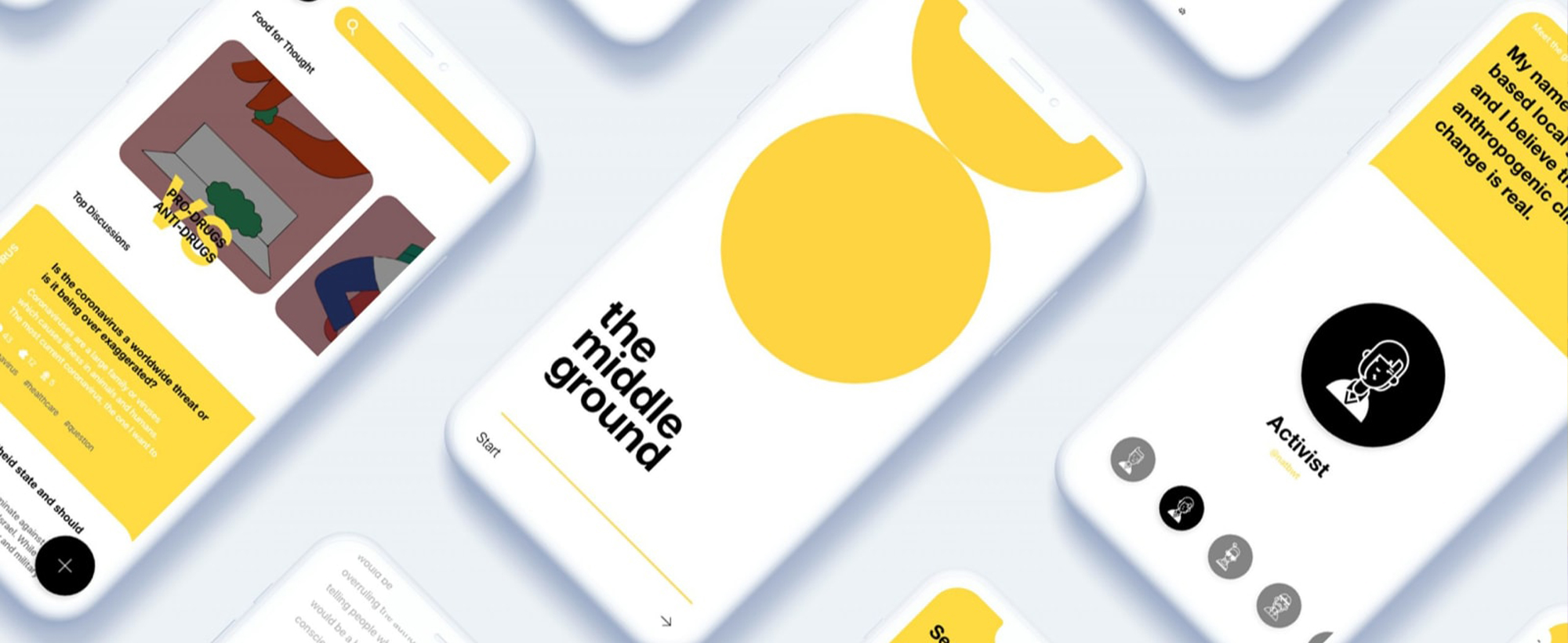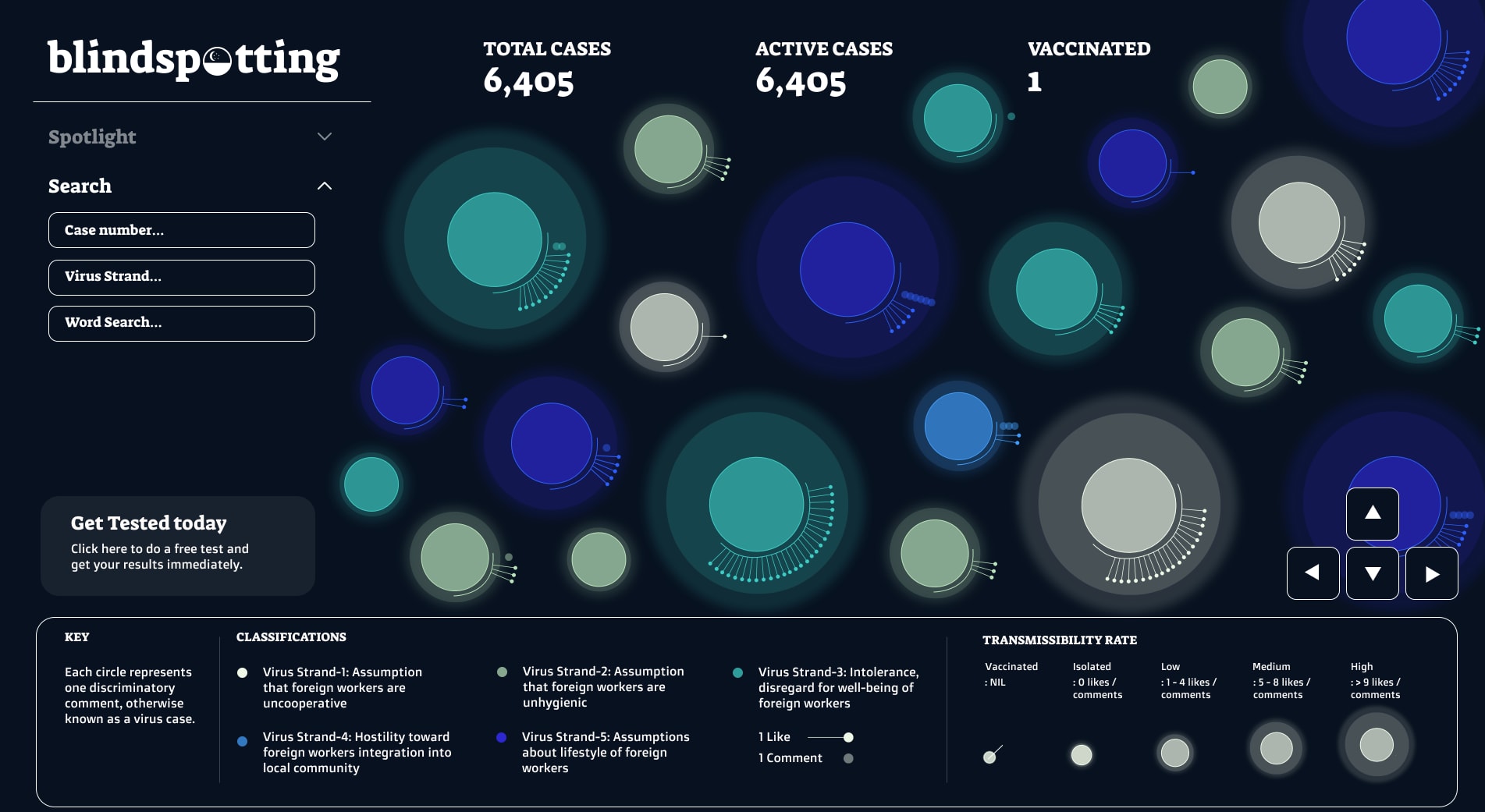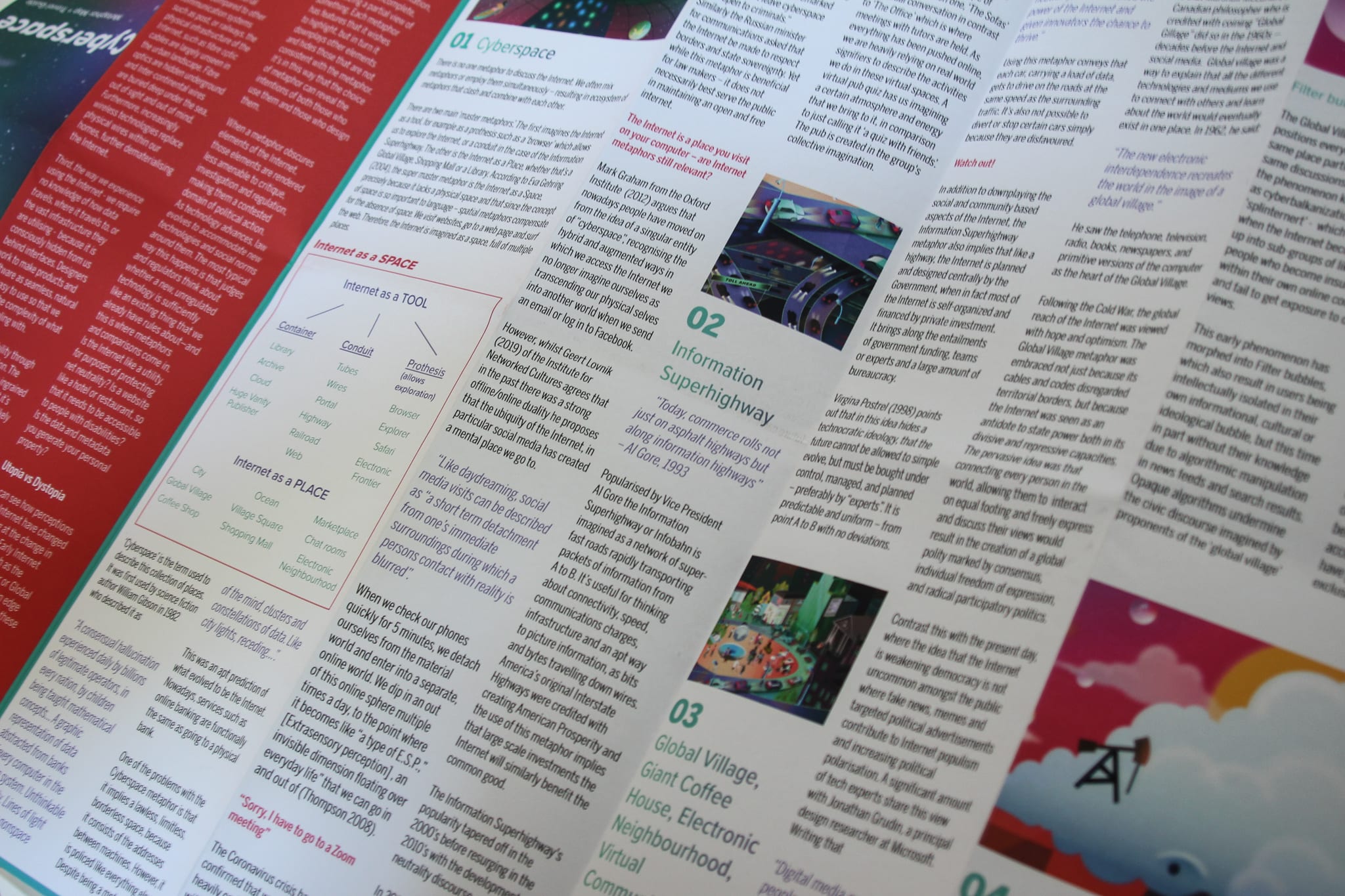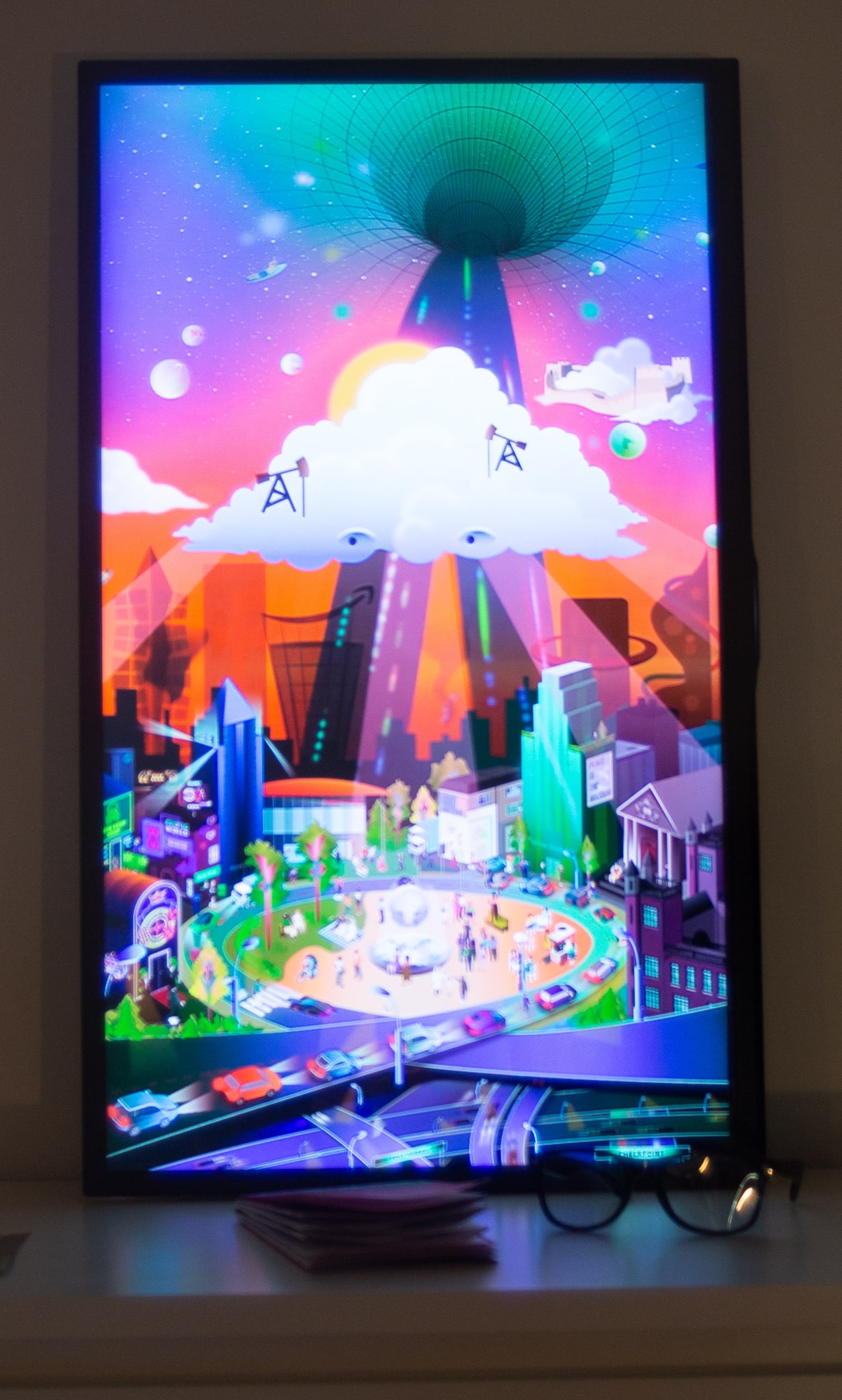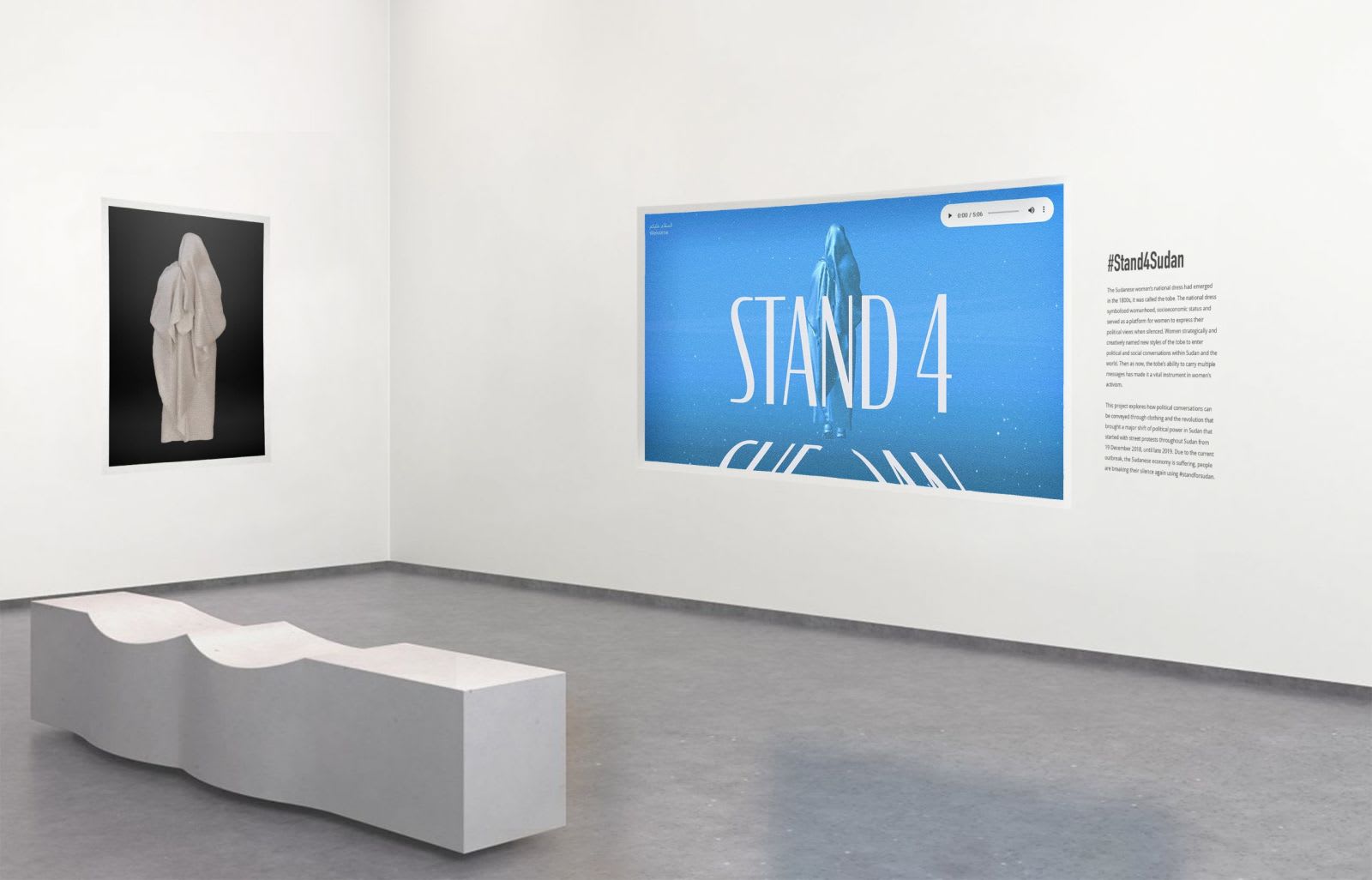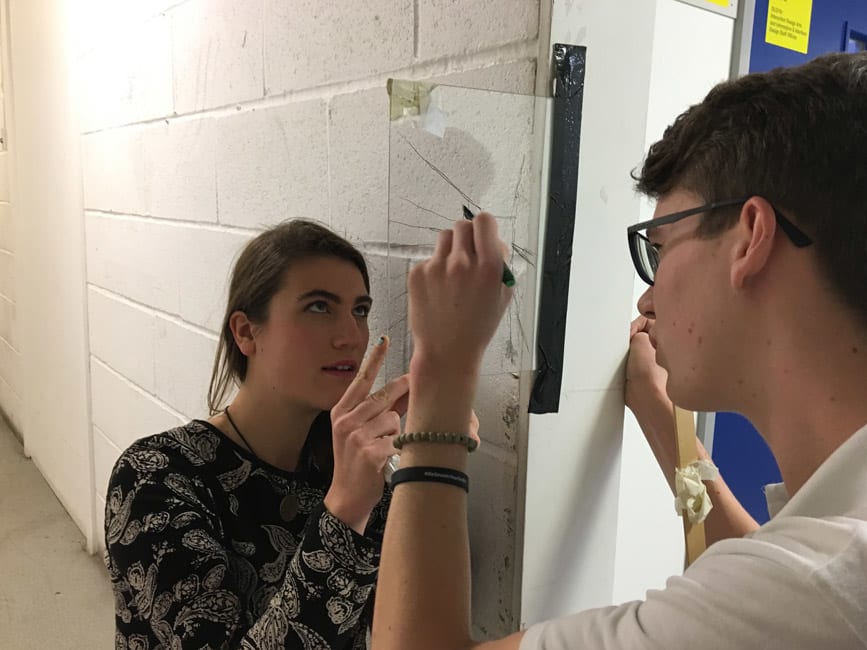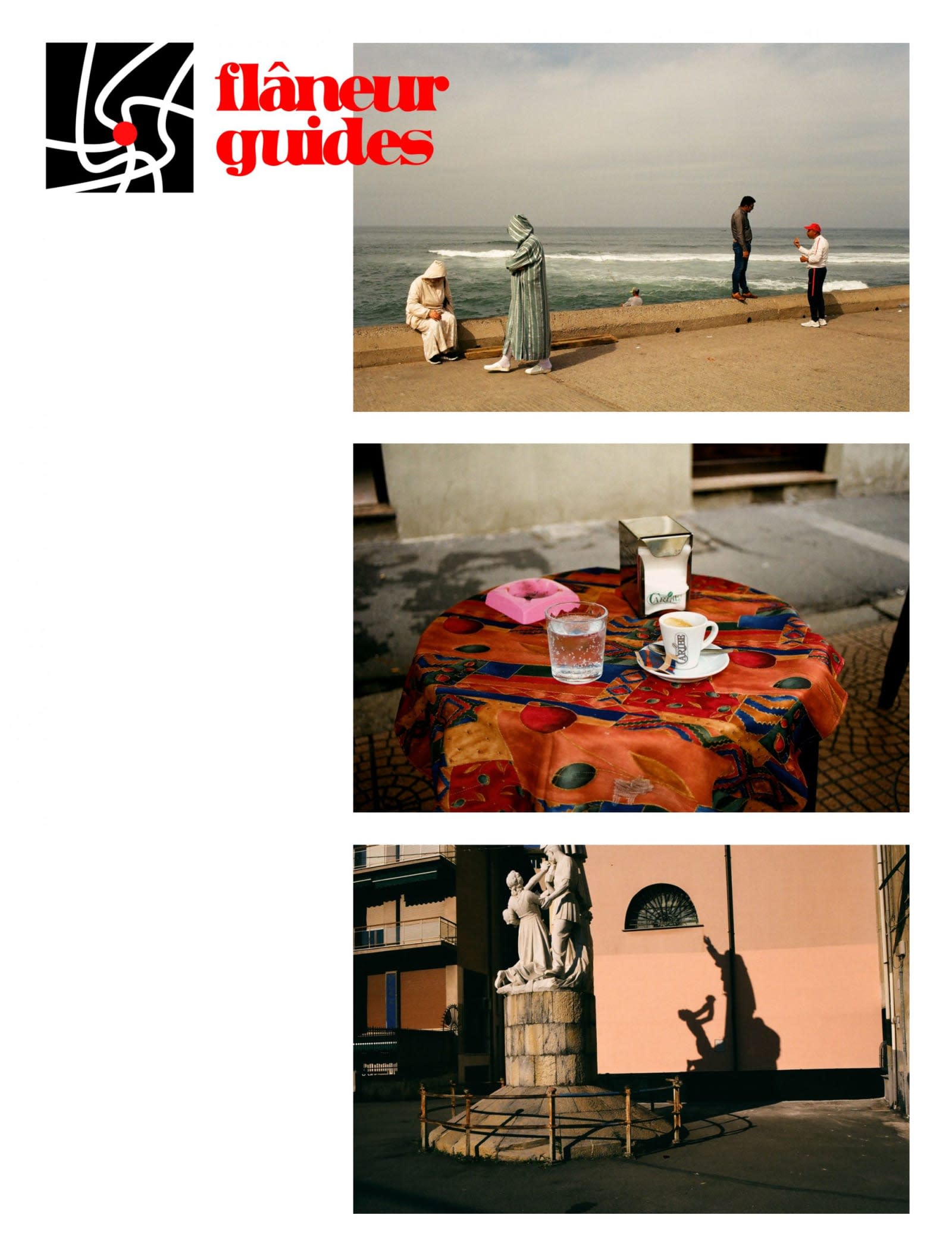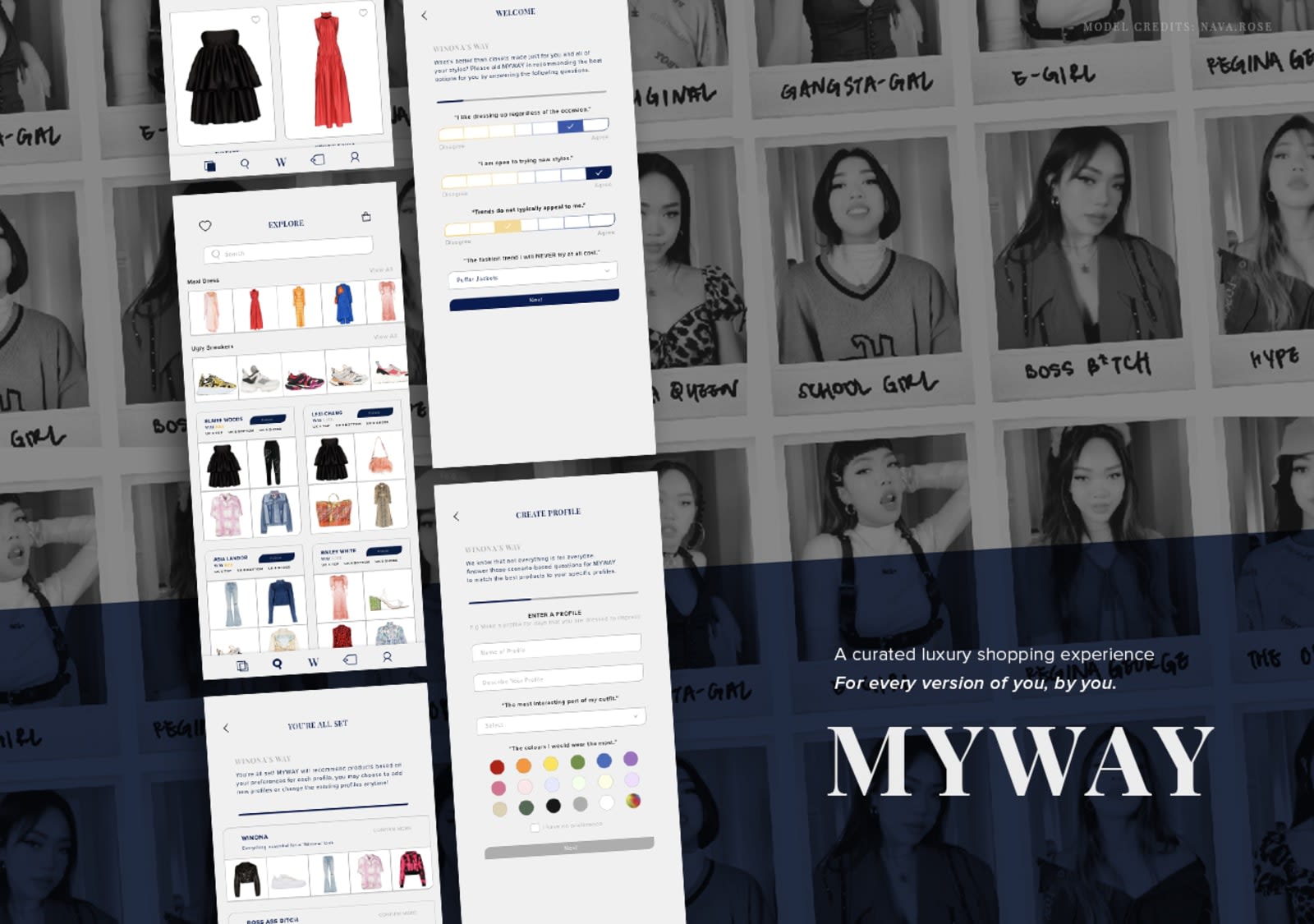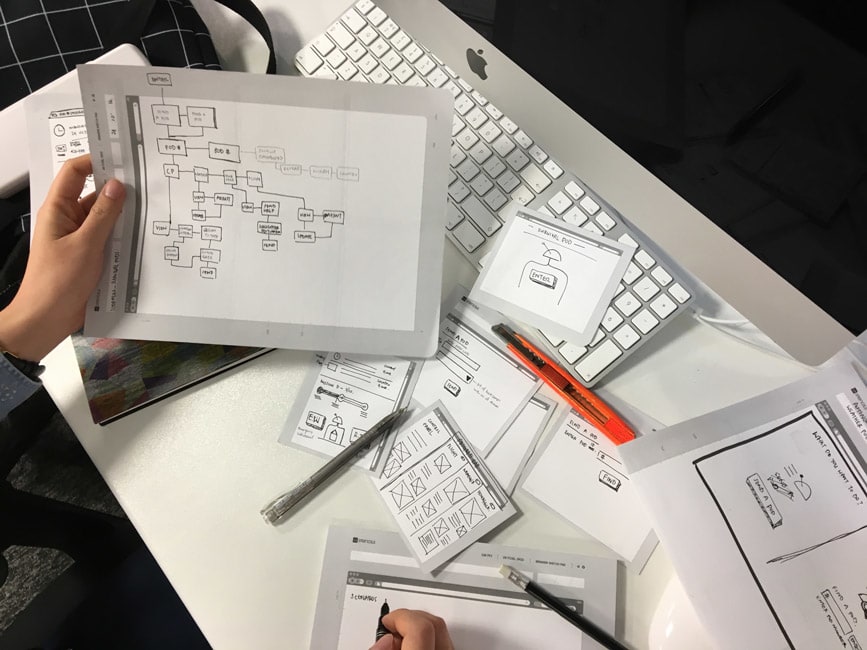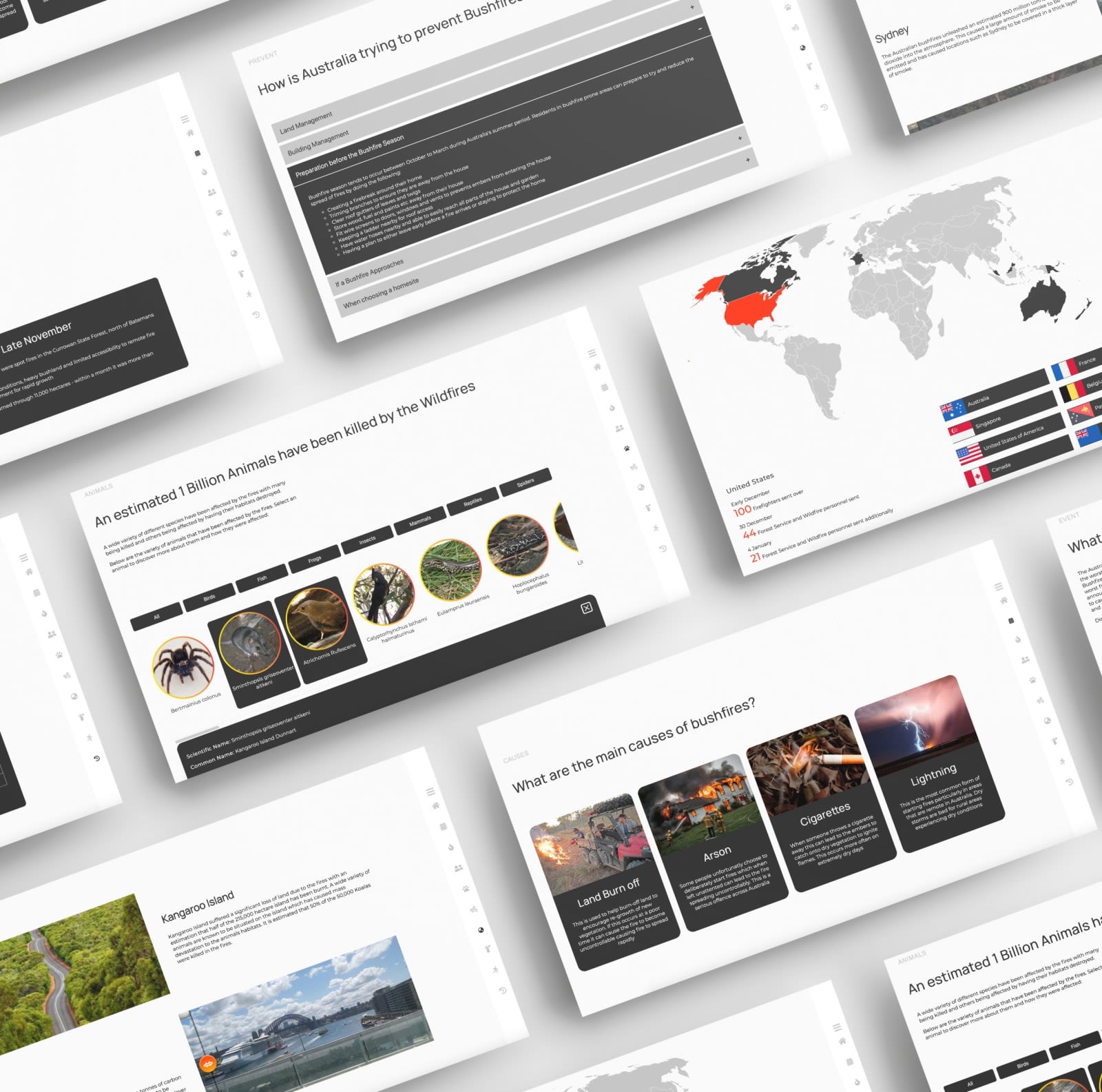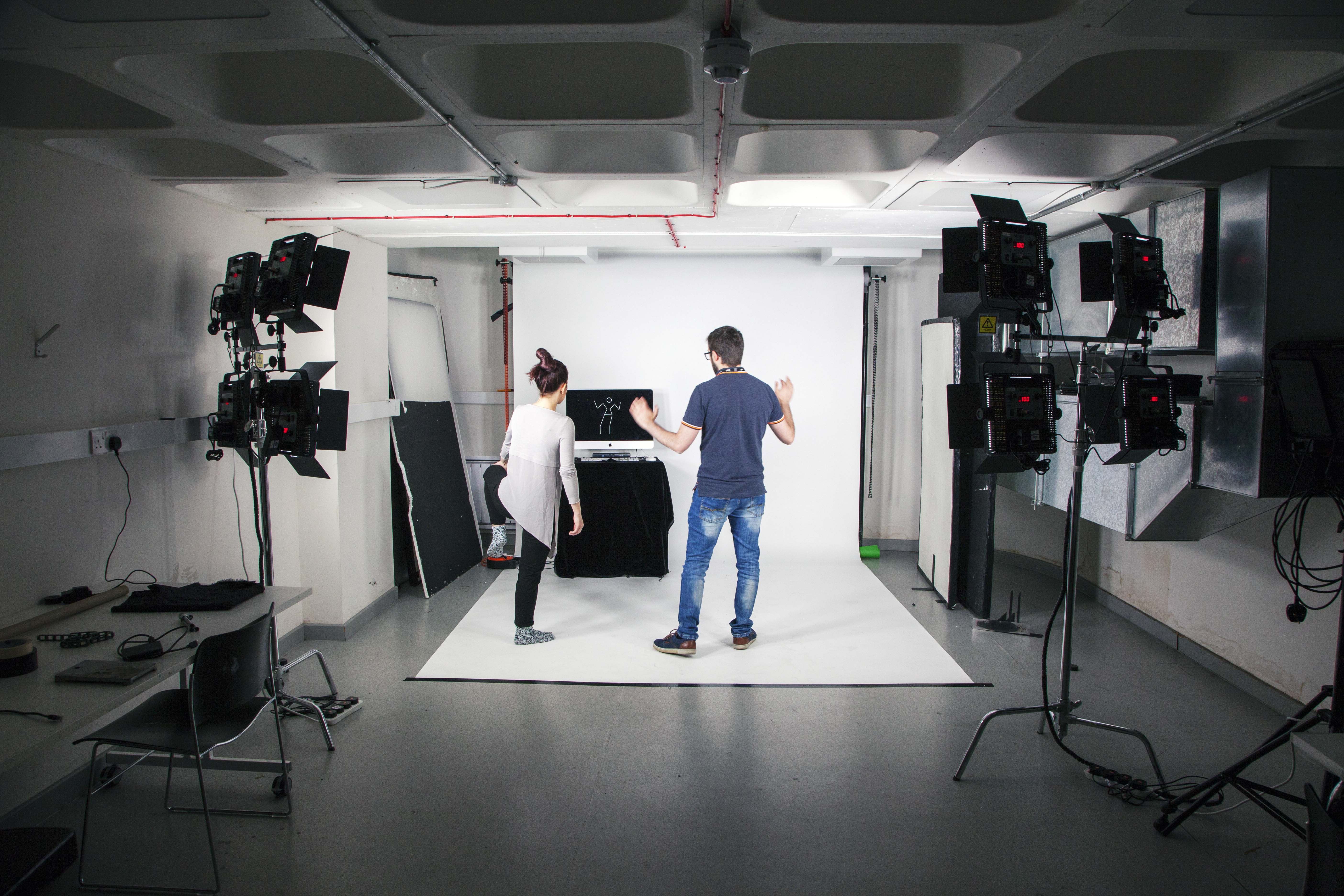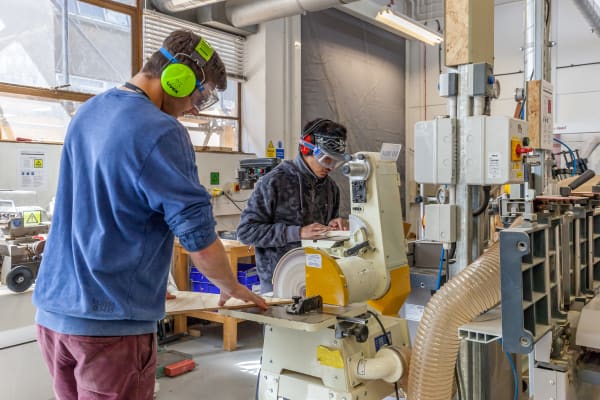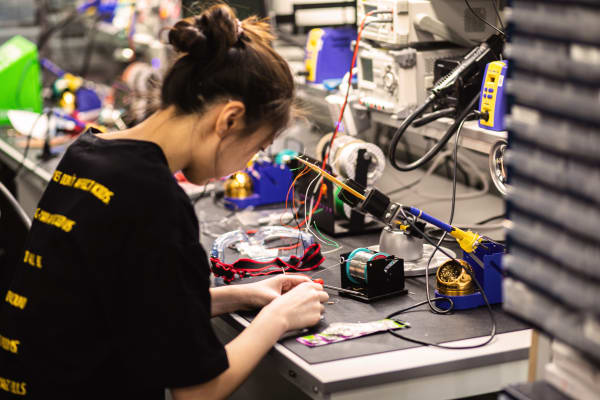Course units
We are committed to ensuring that your skills are set within an ethical framework, and we have worked to embed UAL’s Principles for Climate, Racial and Social Justice into the curriculum and in everything we do.
This ensures that learning outcomes reflect the urgent need to equip you with the understanding, skills, and values to foster a more sustainable planet. Our aim is to change the way our students think, and to empower you to work towards a sustainable future.
In common with all courses at the University of the Arts London, this course is credit-rated. The course is 3 years, levels 4-6. Each year requires you to achieve 120 credit points. To be awarded the BA (Hons) User Experience Design qualification, you need to accumulate a total of 360 credits.
Year 1
Introduction to User Experience Design (20 credits)
An overview for beginners of the essential disciplinary knowledge, tools and framework to begin designing for user experience in life-centred and systems-oriented design processes. You will become familiar with the subject terminology, history, and contemporary issues to situate your individual perspectives and creative practice.
Design Thinking: Visually Communicating Complexity (40 credits)
This unit will introduce you to foundational knowledge and applications of graphic design elements and principles, visual language, digital composition and systems thinking in the context of designing user experiences and social/living systems. In response to structure and patterns of information density, you will learn to visually convey clear and effective messaging for an intended audience.
Curiosity and Creativity: Methods and Practices (40 credits)
This unit presents the techniques essential for conducting relevant and useful enquiry of culture, behaviour, and artefacts that shape human experiences. Informed by theoretical, practical, and conceptual frameworks, you will meaningfully engage an existing body of knowledge to inform a creative enquiry process.
Responsible Design (20 credits)
This Unit introduces the core principles in responsible designing where we will explore the role of environmental and social responsibility across multiple design subject specialisms to inform and further develop your own creative practice.
Year 2
Making as Enquiry: Experimenting and Iterating (40 credits)
Guided by previous practices and the resulting user insights, this unit will help you focus ideas and develop solutions through experimentation and iterative prototyping processes. You will engage in ’making as enquiry’ to discover the unexpected as you test and refine ideas through digital fabrication and rapid prototype methods of digital products and experiences.
Communicating the Creative Process: Narrative and Curation (40 credits)
In this unit you will develop your individual communication strategies for articulating and visualising the seemingly abstract thinking and processes. Building on your previous work and research, you will refine your unique design identity and voice as a creative practitioner to inform your communications skills for revealing applied creative thinking, problem solving, and processes within your fields of interest in user experience design.
Design Cultures (20 credits)
This unit examines design as a manifestation of wider social, cultural, political, economic, historical or environmental phenomena. It interprets design in its broadest sense as a key aspect of contemporary society encompassing a range of approaches and practices.
Professional Practice (20 credits)
This unit seeks to extend your knowledge of the creative, cultural and design industries, providing you with opportunities to collaborate with design students from other courses on live projects as you continue to develop your design practice in mixed-discipline teams.
Year 3
Self-initiated Research Project (40 credits)
In this unit, you’ll develop your ability to work in a self-directed context and craft a project proposal for creative study in a practical user experience design topic of your choice.
Creative Proposal (20 credits)
In this unit, you will develop an area of enquiry for a practice-based design project and use visual and written modes of communication to clearly communicate the project elements and project plans.
Realisation Portfolio (60 credits)
In this unit, you will utilise design thinking, research, and a systems-oriented approach to encourage curiosity, experimentation, and creative innovation of human-centred experiences that shape positive futures and produce cultural value. The project should be reflective of the individual creative practice and realise the creative scholarship project proposed during the previous unit.
Optional Diploma between Years 2 and 3
Between Years 2 and 3 of your course, you’ll also have the opportunity to undertake one of the following qualifications:
Diploma in Professional Studies (DPS) (Optional)
An optional, year-long learning opportunity which enables you to develop your professional skills by undertaking time out for industry experience. Supported throughout the year by academics, you’ll build on the knowledge gained on your course in a range of national or international locations, and graduate with an additional qualification of Diploma in Professional Studies.
Diploma in Creative Computing (Optional)
Between Years 2 and 3, you can undertake the year-long Diploma in Creative Computing. This will develop your skills in creative computing alongside your degree. After successfully completing the diploma and your undergraduate degree, you’ll graduate with an enhanced degree: BA (Hons) User Experience Design (with Creative Computing).
